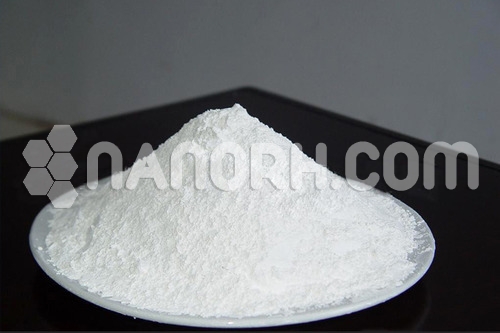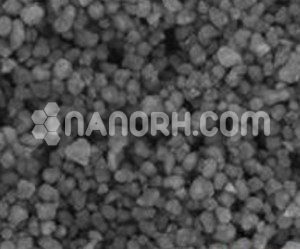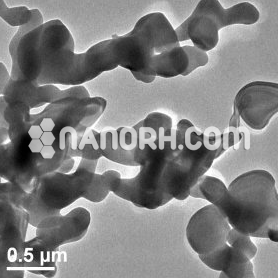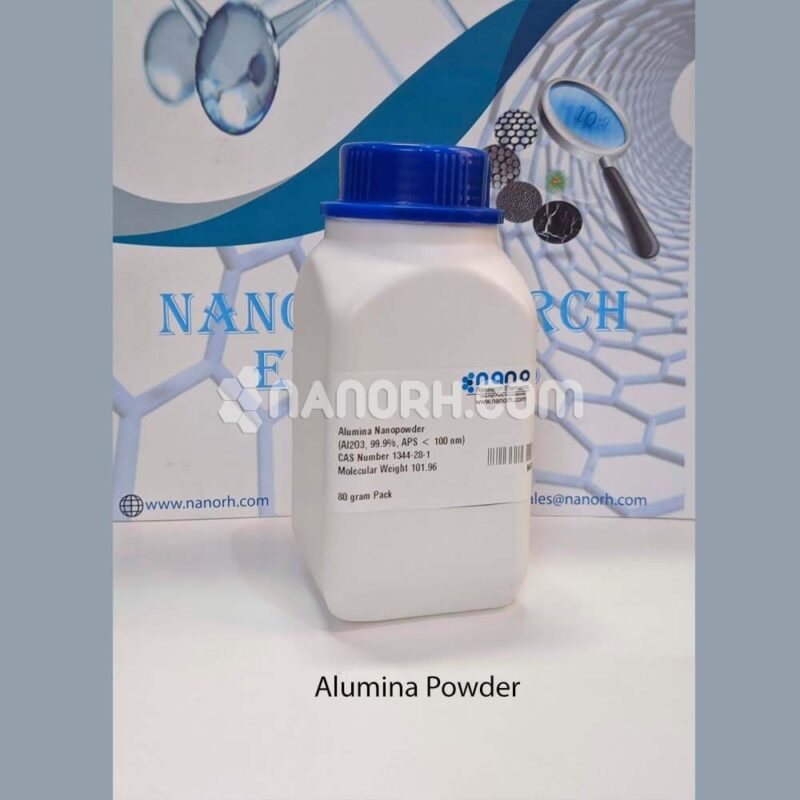| Precipitated Barium Sulfate Powder | |
| Product No | NRE-11025 |
| CAS No. | 7727-43-7 |
| Formula | BaSO4 |
| Molecular Weight | 233.39 g/mol |
| APS | <3um( can be customized) |
| Purity | 99.5% |
| Density | 4.5 g/cm3 (20 °C) |
| Color | White |
| Melting Point | 1380 °C |
| Boiling Point | 1600° C |
Precipitated Barium Sulfate Powder
Barium sulfate powder has a variety of applications across different industries due to its unique properties. Some of its notable applications include:
Medical Imaging: Barium sulfate is widely used as a contrast medium in X-ray imaging and other diagnostic procedures. It is particularly valuable in procedures such as barium meals and barium enemas to enhance the visibility of the gastrointestinal tract, allowing for better imaging and diagnosis of various digestive system disorders.
Oil and Gas Drilling: In the oil and gas industry, barium sulfate is utilized as a weighting agent in drilling fluids. Its high density helps control the pressure in the well and prevents blowouts. Barium sulfate is also used to increase the density of the drilling mud, which helps in efficient drilling operations.
Paint and Coatings: Due to its inertness and high refractive index, barium sulfate is used as a filler in the production of paints, coatings, and plastics. It improves the properties of these materials, including their durability, gloss, and opacity, while also providing resistance to corrosion and weathering.
Paper Coating: Barium sulfate is used in the paper industry as a coating pigment to enhance the surface characteristics of paper, such as brightness, smoothness, and opacity. It helps improve the print quality and appearance of the final product.
Plastics and Rubber Industry: It is used as a filler in plastics and rubber production to improve the material’s density, strength, and resistance to wear and tear. Barium sulfate is also employed in the manufacturing of high-density polyethylene (HDPE) pipes to enhance their properties.
Radiation Shielding: Barium sulfate’s high atomic number and density make it an effective material for shielding against gamma rays and X-rays. It is used in the production of radiation shielding materials for various applications, including medical facilities, nuclear power plants, and industrial settings.
Electronics Industry: Barium sulfate finds applications in the electronics industry, where it is used as a filler in the production of various electronic components, such as capacitors and insulating materials. Its use helps improve the electrical properties and performance of these components.




